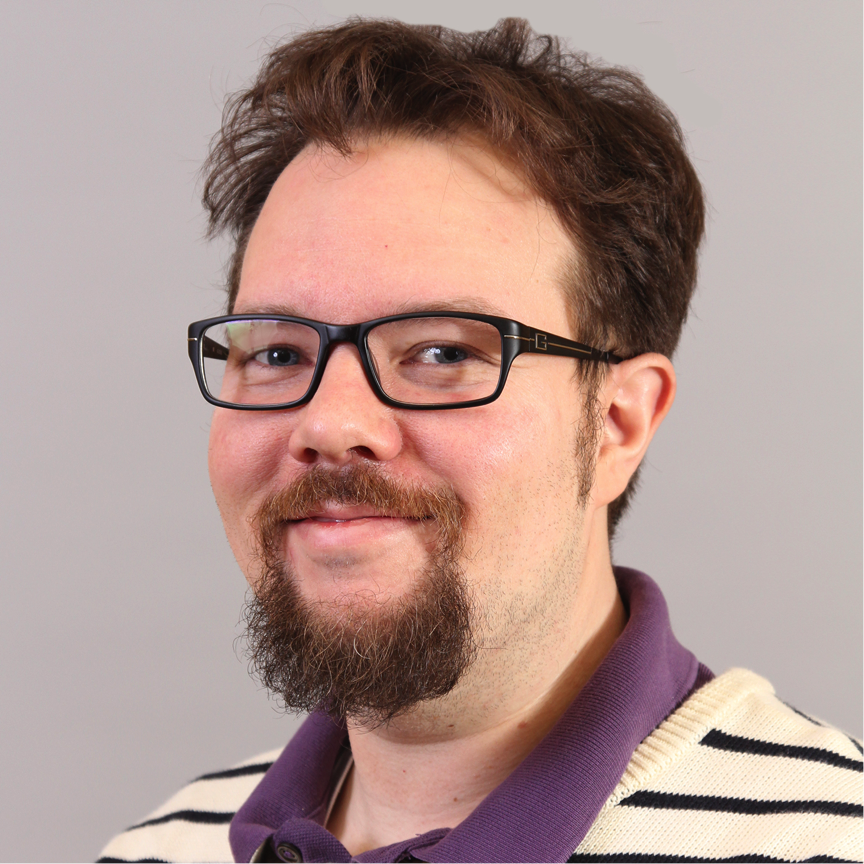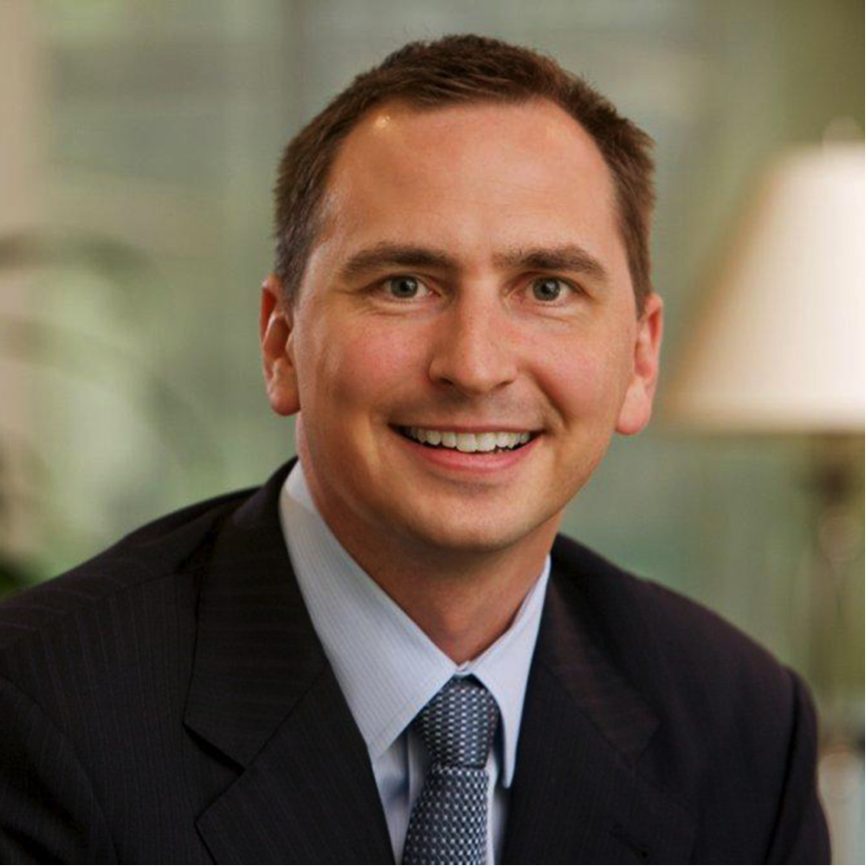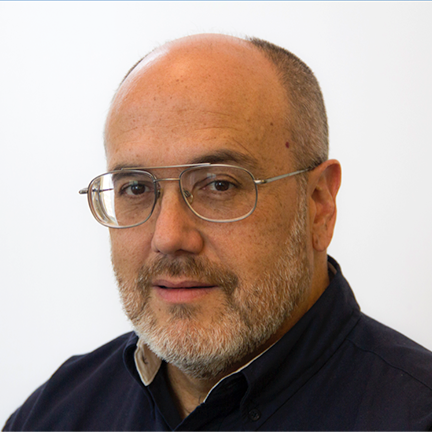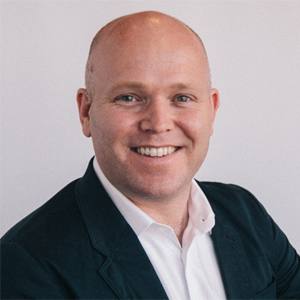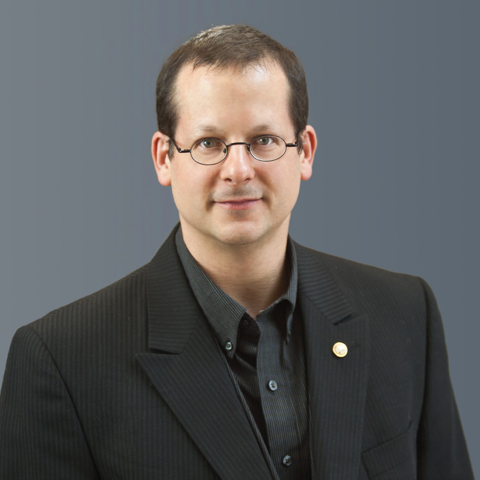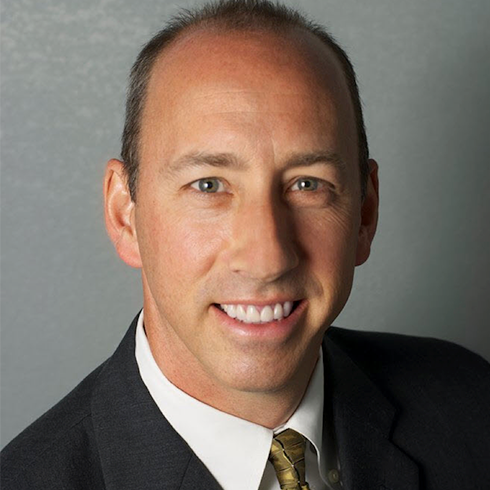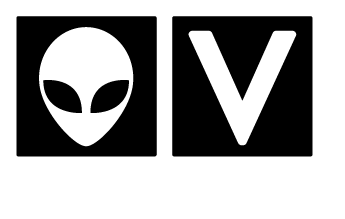You've been adding cloud features to your suite of products (Nessus). How does this aid companies in increasing network security?
Jeff Man: Traditional vulnerability management products are unable to detect, monitor and secure IT assets across cloud and hybrid infrastructure because of the fluid nature of virtual environments. Not only has the attack surface become larger, it has also become a moving target.
Tenable believes there are three essential elements for providing network security. The first element is to know what is on your network by performing asset discovery. The second is the ability to perform continuous vulnerability monitoring of all these assets. The third element is to provide context by including not just exposure to vulnerabilities but compliance violations, threats, and indicators of compromise. We have enhanced our solutions to extend these three elements across hybrid environments.
Tenable's products give companies the ability to perform 100% asset discovery across physical, virtual and cloud data centers. They are also able to perform continuous monitoring of all these assets, particularly cloud applications and transient devices that comprise private/hybrid cloud networks. Tenable Nessus is being integrated into the major cloud and virtual environments that companies are using. For example, Nessus is available as an Amazon AMI to bring vulnerability management to the AWS platform, and has also been integrated with VMWare ESX/ESXi and vCenter to monitor and manage the security of virtualized cloud environments, including checks on vulnerabilities and configuration holes present in the virtual platform.
Tenable has solutions to meet these demands regardless of the size or complexity of your network, or the limited resources that are available to procure or administer these solutions.
Your research has recently revealed that "54 percent of companies in the UK are using incorrect metrics when trying to determine their IT security status, providing a false picture of the organisation's vulnerabilities and risk, driving the wrong behavior." how can companies deal with this?
Gavin Millard: In our recent study of 400 companies based in the UK and Germany, it was encouraging to see that almost all organizations we spoke to are now turning to metrics to measure the effectiveness of their security controls and frequently reporting the key findings to the CEO and Board of Directors. Unfortunately some of the metrics collected are either ineffective or flawed, the main culprit from the survey being "amount of malware detected" which, without other supporting measures, gives a confusing picture on the health of the control - if the malware count goes down, does this mean malware is being missed or that the organization is under less attack?
Turning to SANS Critical Security Controls as a best practice, there are far more effective metrics to choose from for most of the twenty controls. On the malware example "Percentage of systems with anti-malware deployed, enabled and up to date" can give a better view of how widely the control is used and where coverage issues need to be addressed.
You'll be at Black Hat USA. What are you excited about at the show, and how can companies connect with you there?
Jeff Man: Tenable is looking forward to participating in Black Hat 2014 and connecting with the information security community about how to stay ahead of emerging vulnerabilities, threats and compliance-related risks. Our Nessus and SecurityCenter solutions continue to set the standard for identifying vulnerabilities, preventing attacks and complying with a multitude of regulatory requirements.
Attendees can meet with Tenable experts like Jack Daniel at our booth and attend our sessions. Tenable will also have a one hour session inside of the Business Hall (please consult the event guide for details).
Tenable will also have a one hour session inside of the exhibit hall (please consult the event guide for details).

